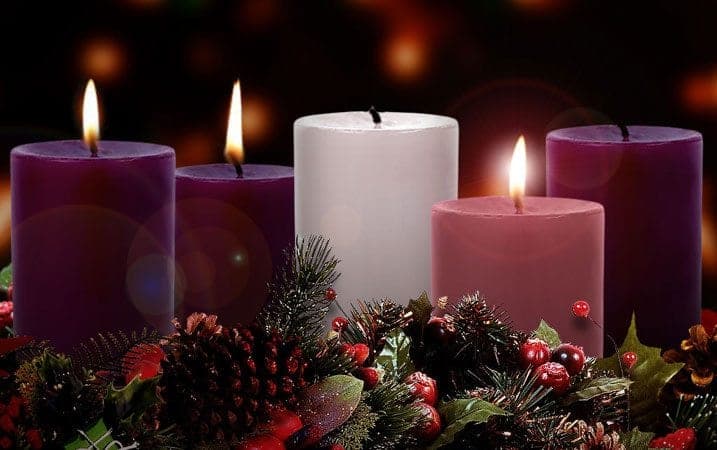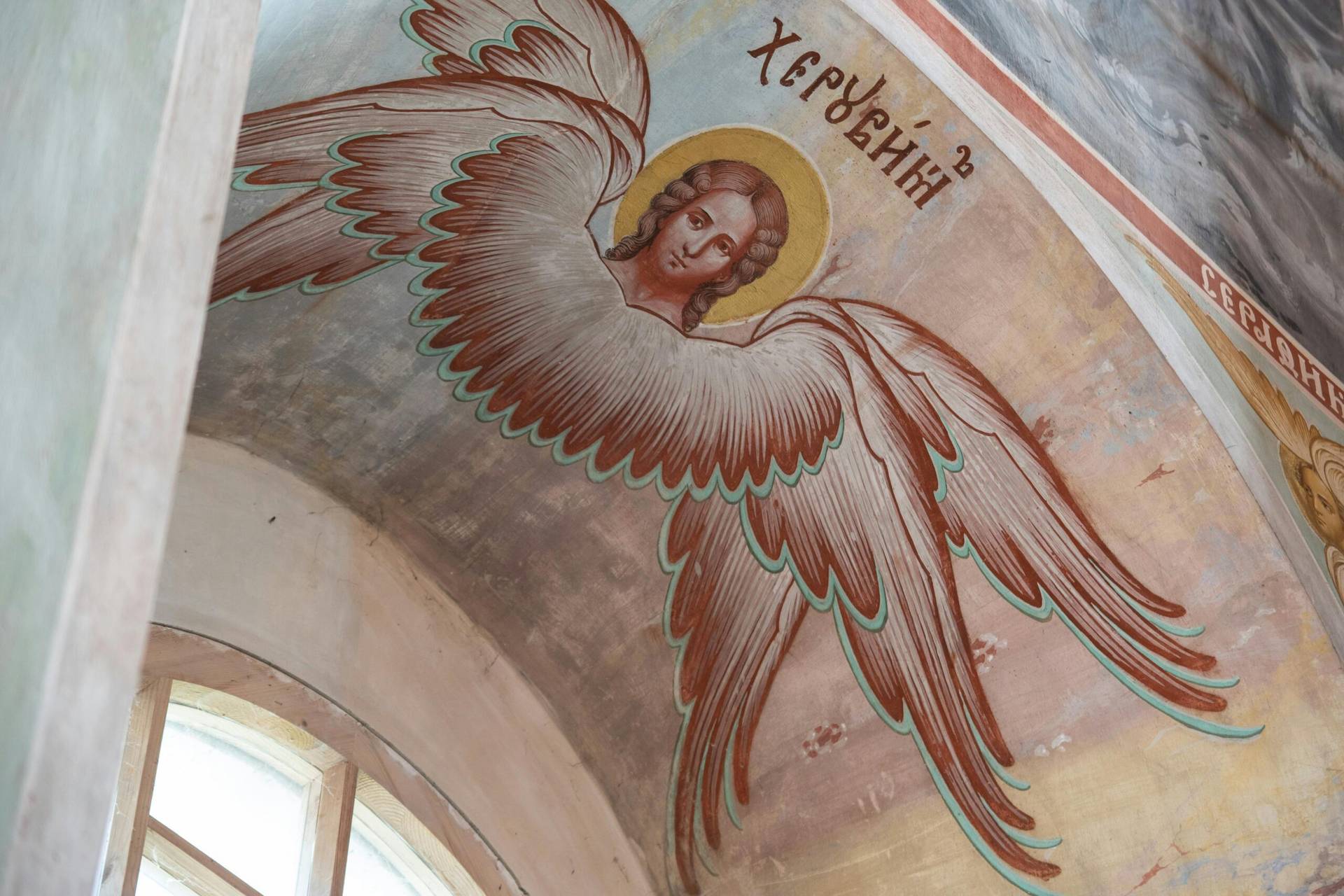After the solemnity of Christ the King, the Church puts on the breaks and enters into Advent, which is a four-Sunday season of reflection and preparation. For believers, this season will end with the solemn commemoration of the birth of the Son of God.
This sacred Nativity, which occurred in the fullness of time, is so colossal an event in human history that it requires us to take a pause and consider what we will be celebrating.
Advent, however, has a competitor. Western culture has allowed for a second event, also called “Christmas” (although it has nothing to do with the Christ of salvation history). This secular Christmas demands a pre-observance, which sometimes begins at Halloween. This pseudo-Christmas has transvalued the reason for the season.
Rather than spiritually preparing for the coming of the Christ by prayer, a good Confession, reading of the Sacred Scriptures (especially the prophets), alms to the poor, and acts of reconciliation to enemies, this other Christmas and its pre-observance is focused on excessive activity, shopping, overspending, vainglory, and attention to oneself or a loved one, to the exclusion of God, Jesus Christ, or the Gospel in general.
In some corners, the new Christmas has taken on other names, indicated by such greetings as “Happy Holidays” or “Seasons Greetings.” While the greetings might be disturbing to believers, they are at least honest and transparent. In other corners, however, “Christmas” is kept, in spite of its name, and such a re-definition of the name should be more disturbing to believers since Christmas loses its true meaning.
And so, the “holidays,” that secular Christmas, has no need for Advent. The actions and purpose of Advent have no place. There is nothing for which a person is to get ready!
In such times, believers can be either swayed by the influence of “the holidays” and ignore Advent themselves, or they can realize the different goals of the two Christmases and intentionally choose to observe Advent and prepare for the birth of Jesus Christ.
For the believer, or the person of goodwill, who chooses to observe Advent, they are allowing themselves to receive the blessings of the season. While different in how they are given, based on personal temperament and authentic need, the blessings of Advent include hope, peace, reconciliation, and conversion.
Hope is the radical assertion that we have no control over the course of human events. While there are “small hopes,” such as financial security, health, and a strong family, these are placed within a greater hope. This greater hope is a declaration of dependency on God alone. It is choosing to see all things, however joyful or sorrowful, in the light of God’s eternal providence.
It is precisely this greater hope that gives us the consolation, regardless of what is happening in our lives, that “everything is going to be all right.” Advent helps us to see the Lord’s Nativity as the definitive evidence that such a hope is prudent and wise. As the Lord comes to destroy sin and death, so he will also enter our lives and help us.
Despite contemporary definitions of peace, the Scriptures show us that true peace is the tranquility of order. Peace is a gift, which is nourished by true meekness. Peace is knowing our place in the world and in God’s kingdom. The Lord reveals this peace to us in his Incarnation. He shows us our dignity, and our upward calling, as the children of God. It is in seeing ourselves, and our neighbors, as God’s children that allows us to approach one another as true brothers and sisters.
The realization of our common dignity and identity in God will lead us to seek reconciliation with one another. As we receive God’s mercy and kindness in his Son, we are led to give those same blessings to others.
These Advent blessings of hope, peace, and reconciliation are crowned and flourish by a heart that is willing to change. Biblically, this change is called conversion. It’s a 180 turnaround in how we approach God, ourselves, our neighbors, and our world. In seeing the light and goodness of God, we deepen in a desire to be instruments of them in our world today.
And so, who wouldn’t want these wonderful, life-giving spiritual gifts? Who would substitute these powerful gifts for the passing things of this world?
These questions point us to the authentic celebration of Christmas and show us the vital importance of an Advent that is well lived. What will we do?
Advent is beginning. Don’t let it pass you by.

















